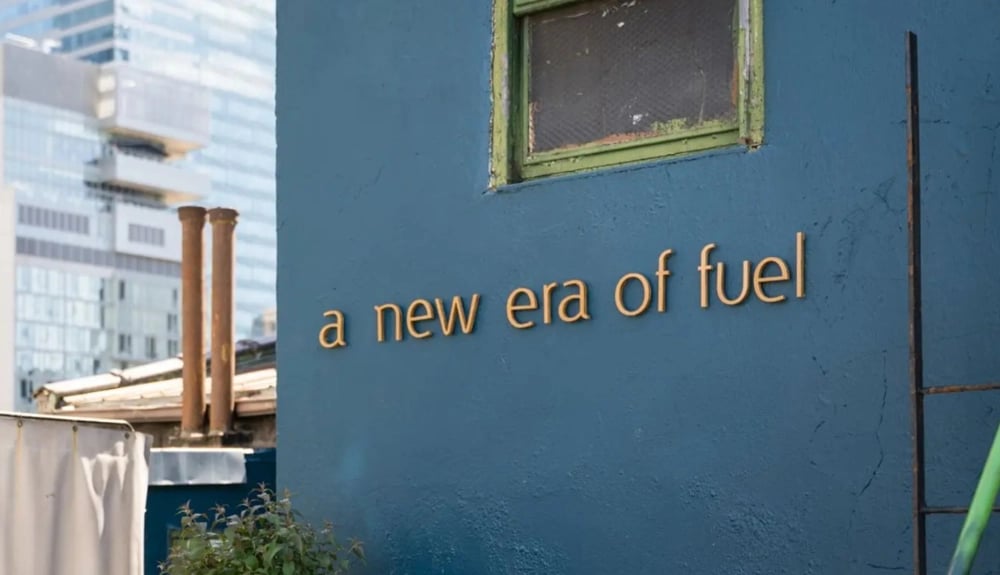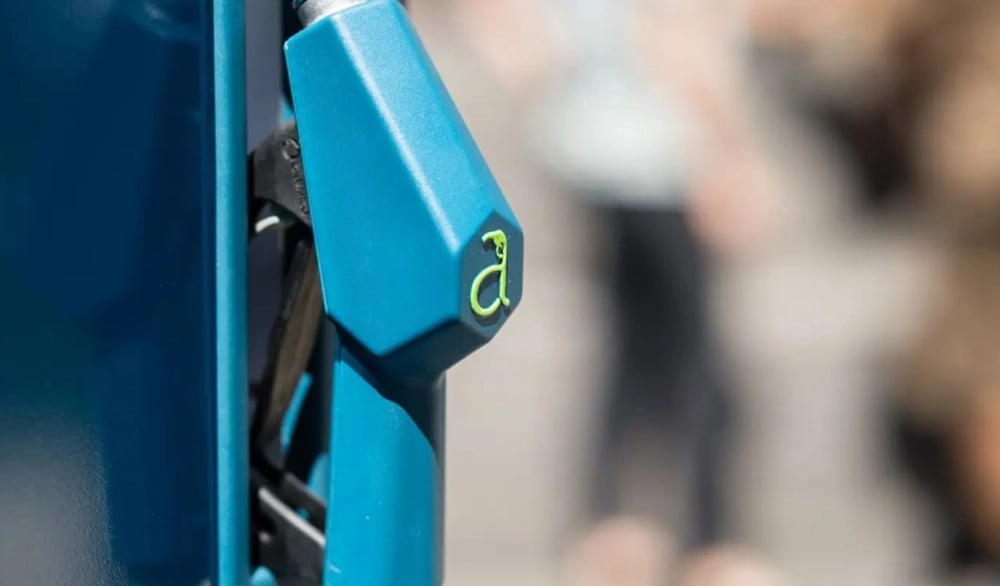Aircela Unveils Compact Air-to-Gasoline Device in New York Demonstration
New York-based clean energy startup Aircela has publicly revealed its air-to-fuel conversion machine during a live demonstration in Manhattan. The compact device, roughly the size of a standard refrigerator, attracted a high-profile audience, including government officials, energy specialists, and major investors. The event marked a critical step in positioning synthetic fuels as a scalable alternative to fossil fuels in existing infrastructure.
Technology That Synthesizes Fuel from Air
Aircela’s innovation integrates direct air capture (DAC) with on-site fuel synthesis, allowing the machine to extract carbon dioxide from ambient air and convert it into gasoline. Unlike hydrogen or electricity-based mobility solutions, this synthetic gasoline is chemically identical to conventional fuel and can be used directly in current engines and logistics systems without modification. This compatibility with the existing petrochemical ecosystem differentiates Aircela’s approach from other clean tech alternatives that often require infrastructure overhauls.

Institutional Backing and Strategic Investors
Aircela has secured capital from notable figures in the finance and energy sectors, underlining the perceived viability of its business model:
Chris Larsen, co-founder of Ripple Labs;
Jeff Ubben, board member of ExxonMobil $XOM;
Maersk Growth, the venture investment arm of A.P. Moller-Maersk $MAERSK-B.CO.
These backers reflect a convergence of financial, industrial, and environmental interests aimed at accelerating decarbonization without dismantling legacy systems. Their involvement positions Aircela not only as a climate tech disruptor but also as a potential enabler of green transition within heavy transport sectors.

Implications for the Maritime and Logistics Sector
At the Manhattan demonstration, Morten Bo Christiansen, Head of Energy Transition at Maersk, highlighted the transformative role Aircela's technology could play in the shipping industry. With maritime transport accounting for nearly 3% of global carbon emissions, synthetic fuels that integrate seamlessly into existing supply chains offer a realistic decarbonization path.
Unlike biofuels, which raise concerns over land use and scalability, or hydrogen, which demands new infrastructure, Aircela’s system provides a drop-in solution. Its utility lies in decentralization and modularity—machines can potentially be deployed near ports or distribution hubs, reducing fuel transport costs and emissions.
Advantages of Aircela's Air-to-Fuel System
Infrastructure Compatibility: Fully functional with today’s internal combustion engines and fuel networks.
Emission Reduction: Converts atmospheric CO₂ into usable fuel, aiding in net-zero transition goals.
Modular Deployment: Small form factor enables localized production.
Cross-Sector Utility: Applicable to automotive, maritime, and industrial transport sectors.
Investment-Grade Backing: Strong support from energy and logistics leaders.

Scaling Potential and Sectoral Relevance
Aircela’s machine could shift the economics of decarbonization by offering a realistic, cost-effective way to produce carbon-neutral fuels. While large-scale implementation remains in development, the company’s public demo indicates operational viability.
Given increasing regulatory pressure on emissions-intensive industries and mounting demand for sustainable alternatives, technologies like Aircela’s may serve as transition bridges—enabling companies to reduce carbon output without waiting for electrification or hydrogen infrastructure to reach maturity.















Comments
This breakthrough machine might be the spark that ignites the green energy revolution!
Impressed by Aircela's breakthrough—this could be a game changer for sustainable energy!